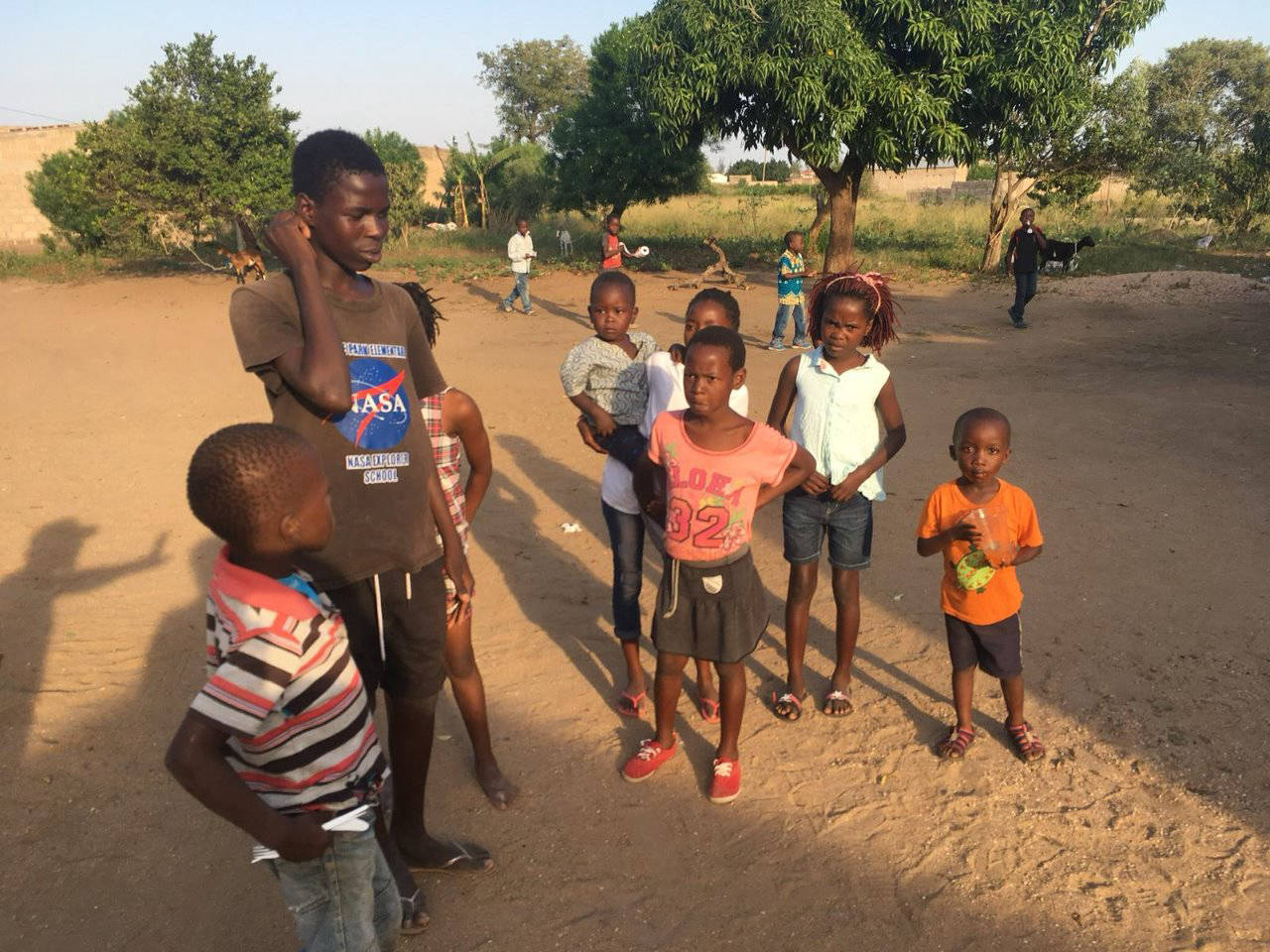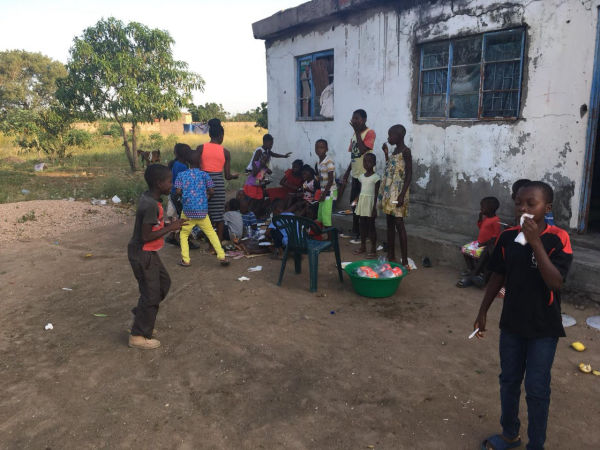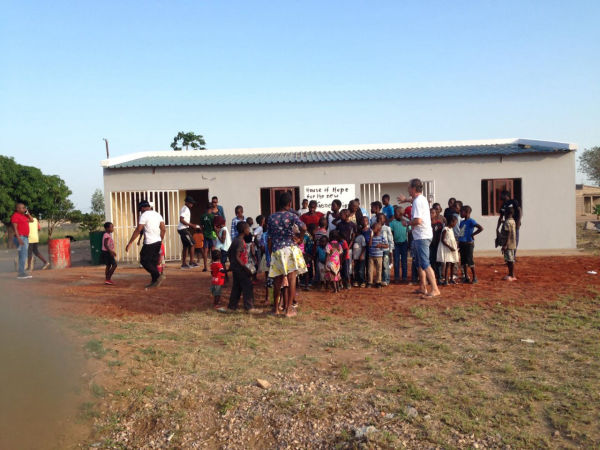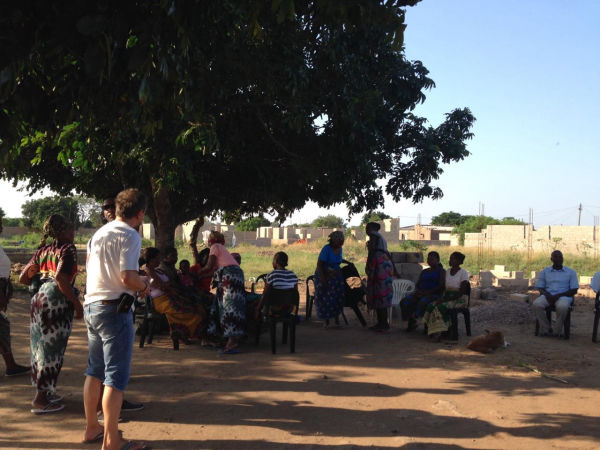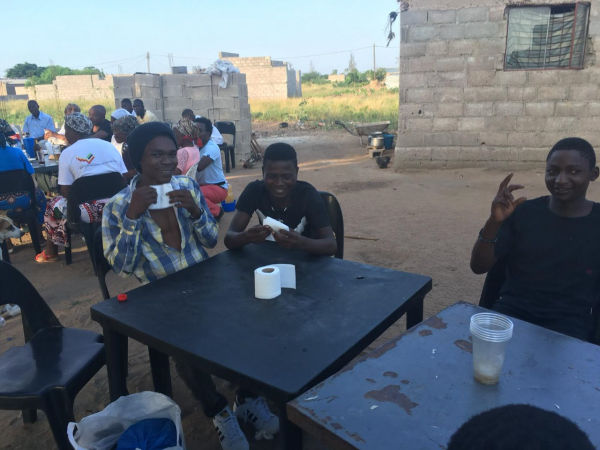
How did the project start
This project was not initiated by people, but by Jesus Christ himself.
Ernesto Cossa, a spiritual son of Heidi and Rolland Baker,
whose story everyone can read in Heidi Baker's book "There is always Enough",
wanted to visit his spiritual dad Horst Benzing in Germany in 2015 and drove from Pemba
to Maputo to apply for his visa.
During this time he visited the place where the streetkids
live and where he had lived himself as a child. After that emotional visitation, he layed in bed
the following night and could not fall asleep. Suddenly he had a vision with Jesus.
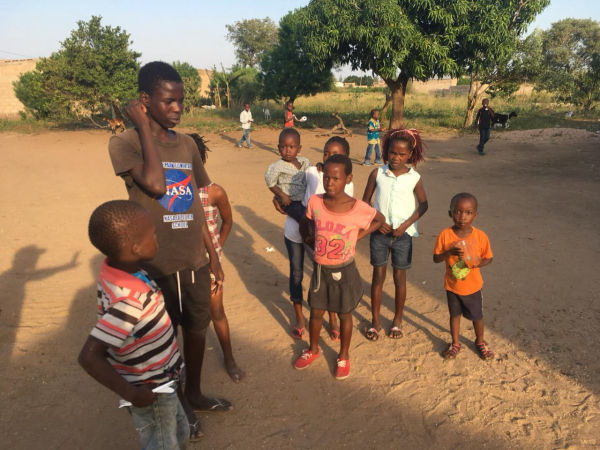
Vision of Jesus Christ
Suddenly he had a vision with Jesus, who said to him, “Build a house for my children, where they will receive nourishment both physically and spiritually.” He told this experience to his father in Germany, whom he visited again in 2016.
Three days after this conversation, someone from Maputo, more precisely from Matola, came and offered his friends land to buy. About 2300 square feet for $5000. Friends in Germany raised 5,000 euros within a few weeks.
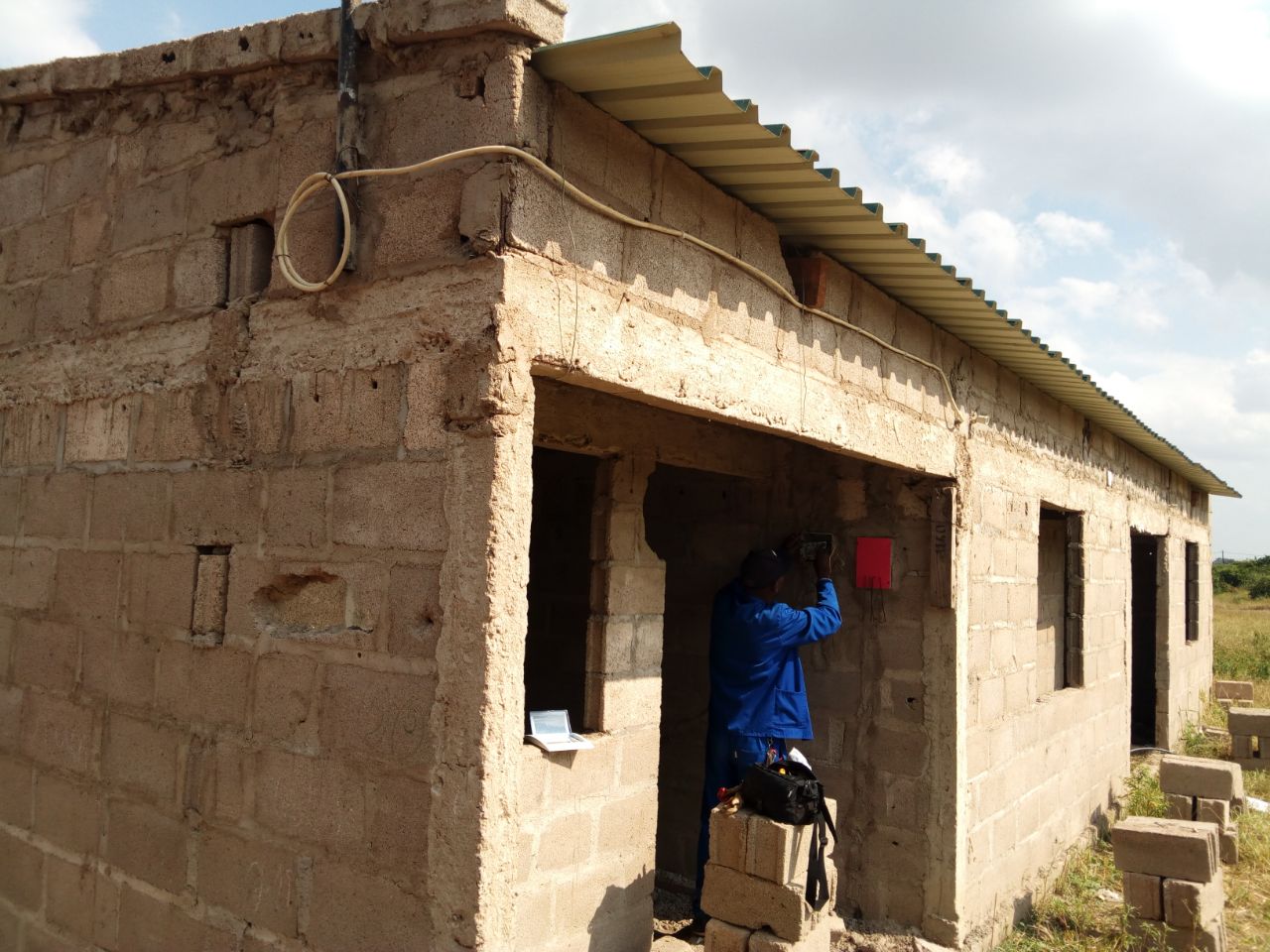
Construction of the house in Maputo
There will be three buildings and a sanitary facility. One where the children can eat and receive Bible lessons. One in which they sleep and one with simple devices and machines in which they are supposed to receive technical training.
The children, whose future home it will be, were totally enthusiastic about the project at the inauguration of the first building constantly asked when the move could take place.
